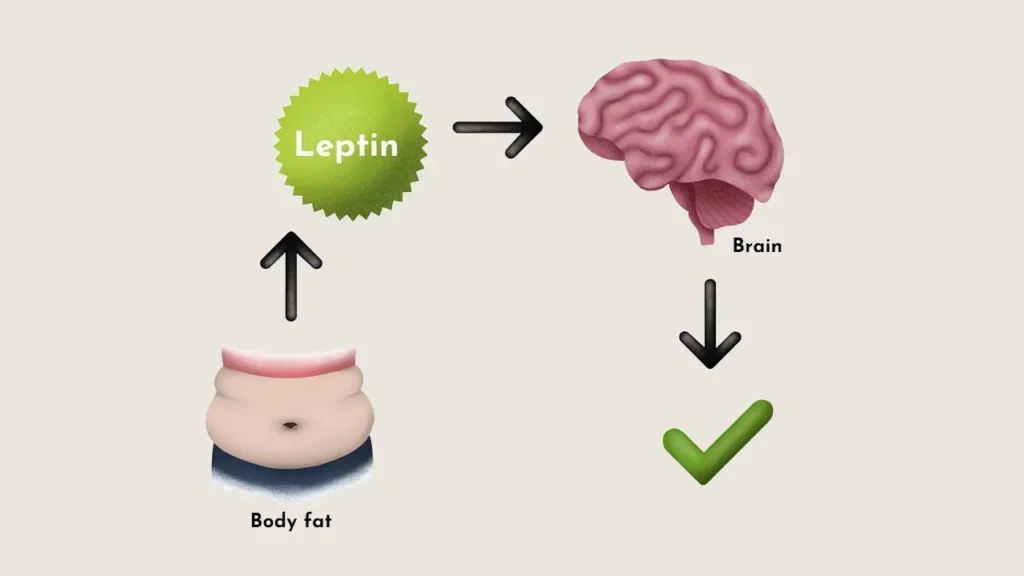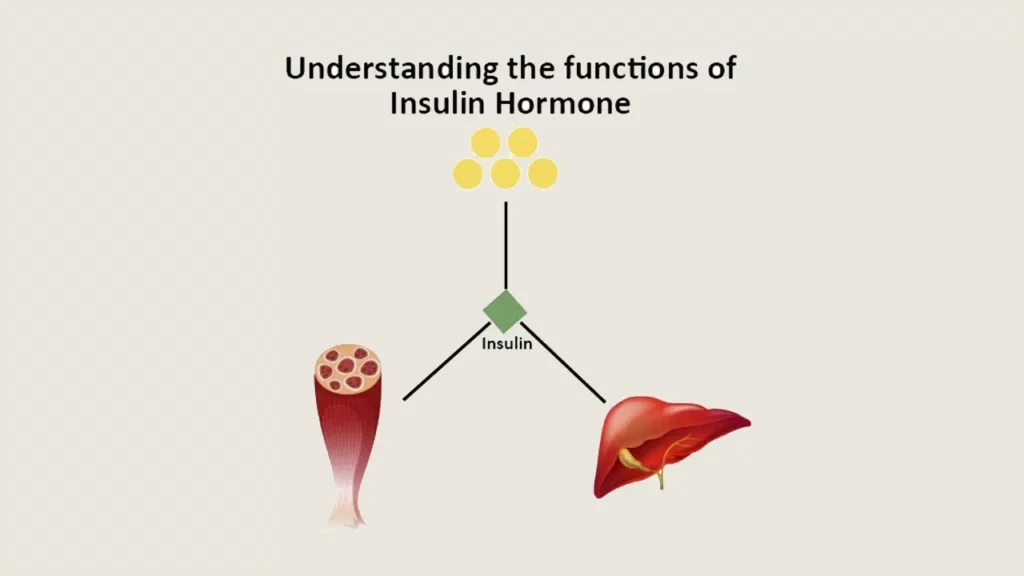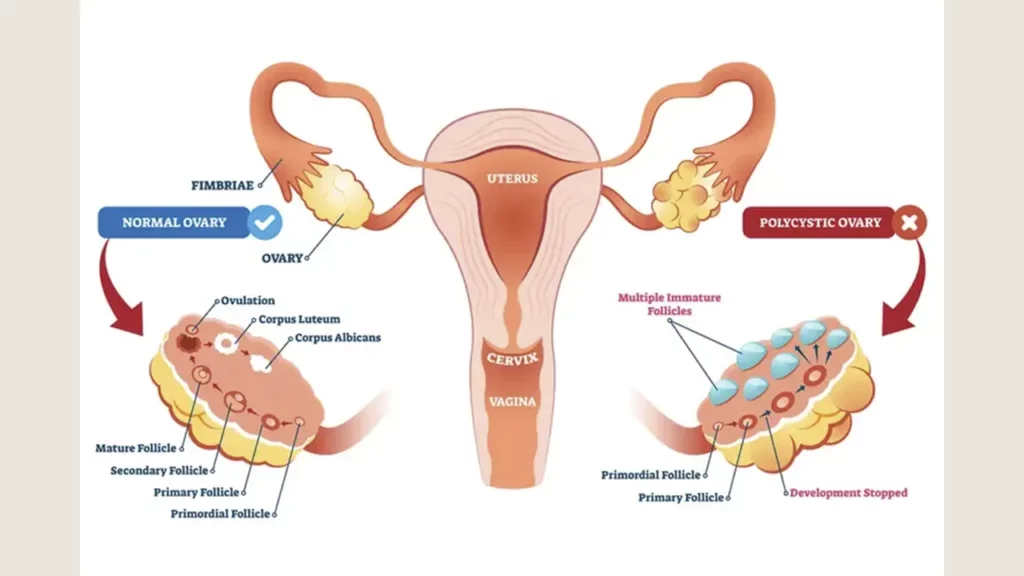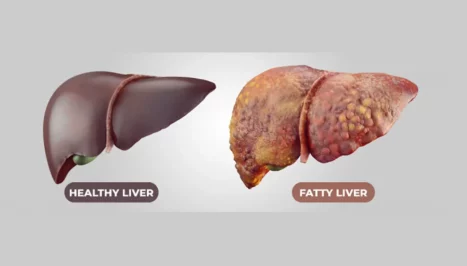How Hormonal Fluctuations After Gastric Sleeve Can Transform Your Life

People who undergo gastric sleeve surgery often talk a lot about hormonal fluctuations after gastric sleeve during the first weeks. One day they feel full of energy, and the next, they might feel low or unmotivated. They don’t feel hungry the way they used to, and their cravings for favorite foods decrease. All of this is normal.
Your body is going through a massive internal reset, and the root of these changes is hormonal. In this article, we will explore these hormones and the way they change after surgery.
What Obesity Did to Your Hormones
To understand what happens after surgery, we need to look at the chaos obesity created in your body. Fat tissue is not just a passive energy store. It’s an active, busy factory that constantly produces hormones and inflammatory substances. When this factory becomes too large and overactive, it disrupts your entire system.

Two of the most important problems it causes are:
- Insulin resistance: cells no longer respond to the hormone that regulates blood sugar, which leads directly to type 2 diabetes.
- Leptin resistance: leptin is the “satiety hormone” that tells your brain to stop eating. In obesity, the brain becomes deaf to leptin signals, creating endless hunger and fat storage.
This hormonal chaos traps you in a cycle of overeating and weight gain. But the hormonal fluctuations after gastric sleeve are so positive that they can completely change your life.

The First and Biggest Shift: Goodbye to the Hunger Hormone
Perhaps the strangest and most immediate effect after surgery is this: you no longer feel constant hunger.
That overpowering urge that used to drive you to the fridge suddenly disappears. Why?
During gastric sleeve surgery, the part of your stomach called the fundus—the main producer of the hunger hormone ghrelin—is removed. As a result, ghrelin levels in your blood drop dramatically.
It feels like someone has turned off a noisy radio that was always playing in the background. Silence replaces the constant “hunger signal.” Many patients even need to remind themselves to eat.
This is one of the most important hormonal fluctuations after gastric sleeve and a huge help in sticking to your new lifestyle.
Your Cells Respond to Insulin Again
One of the most amazing outcomes of gastric sleeve surgery is the rapid improvement of type 2 diabetes. This often happens so quickly that patients see better blood sugar control before even leaving the hospital.
It’s not just about eating less. The main reason is hormonal fluctuations after gastric sleeve.
Here’s why:
When the stomach is smaller, food reaches the lower intestine faster. This triggers a strong release of gut hormones called incretins (such as GLP-1).
These incretins:
- Signal the pancreas to release insulin more effectively
- Improve the body’s sensitivity to insulin
As a result, cells that ignored insulin for years start responding again, pulling sugar out of the blood. Many patients are able to stop their diabetes medication within weeks.

Better Reproductive Health and Sexual Wellness
Excess fat disrupts sex hormones, but rapid weight loss after surgery restores balance. This aspect of hormonal fluctuations after gastric sleeve has a direct effect on fertility, relationships, and overall quality of life.
For Women
If you suffered from irregular periods, polycystic ovary syndrome (PCOS), excess hair growth, or infertility, you will likely see significant improvements:
- Menstrual cycles become regular
- PCOS symptoms decrease
- Fertility improves dramatically
⚠️ Important: pregnancy should be avoided during the first 18 months after surgery because the body is not ready to support a healthy pregnancy yet.

For Men
Men also experience powerful benefits:
- Fat tissue no longer converts testosterone into estrogen
- Testosterone levels return to normal
This leads to:
- Higher libido
- Better sexual function
- More energy
- Improved mood
- Easier muscle building with exercise
Summary Table of Hormonal Fluctuations After Gastric Sleeve
| Hormone | What Happens in the Body | How You Feel |
|---|---|---|
| Ghrelin (Hunger) | Production almost stops | No more extreme, uncontrollable hunger |
| Insulin (Blood Sugar) | Cells become sensitive again, GLP-1 increases | Better blood sugar, less need for meds |
| Leptin (Satiety) | Brain regains sensitivity | You feel full at the right time |
| Testosterone (Men) | Returns to healthy levels | Higher libido, energy, mood, muscle growth |
| Female Hormones | Restored balance, PCOS improves | Regular periods, much higher fertility |

Why Do You Feel Like You’re on an Emotional Rollercoaster?
Mood swings are a very common part of hormonal fluctuations after gastric sleeve.
- One day you’re happy, the next you feel sad
- Sometimes you feel like crying without reason
- Brain fog or mental fuzziness may appear
This is normal. Your brain and body are adjusting to the new hormonal environment.
For years, food—especially sugar and fat—was your main source of dopamine and pleasure. Now, your brain is rebuilding its reward system. This phase is temporary.
After a few months, most patients report improved mood and reduced anxiety and depression.
The Bottom Line: Your Body Is Healing Itself
As you can see, hormonal fluctuations after gastric sleeve are not just a medical detail. They are the story of your body healing itself, reversing conditions that made you sick, and giving you a fresh start.
Understanding these changes helps you be kinder to yourself, stay patient, and realize that the strange feelings you experience are part of your rebirth.
FAQs About Hormonal Fluctuations After Gastric Sleeve
Yes. Better blood sugar control and brain signaling reduce the intense craving for sweets in many patients.
Not really. Hair loss is mostly due to surgery stress and sudden calorie/protein reduction. It is temporary and improves with proper protein intake.
Yes, as long as you maintain a healthy weight, changes such as lower ghrelin and improved insulin sensitivity are long-lasting.
No. The surgery only restores natural balance. It doesn’t cause abnormal male hormone levels in women.
Talk to your healthcare team or psychologist. They can guide you and provide support during the adjustment period.



